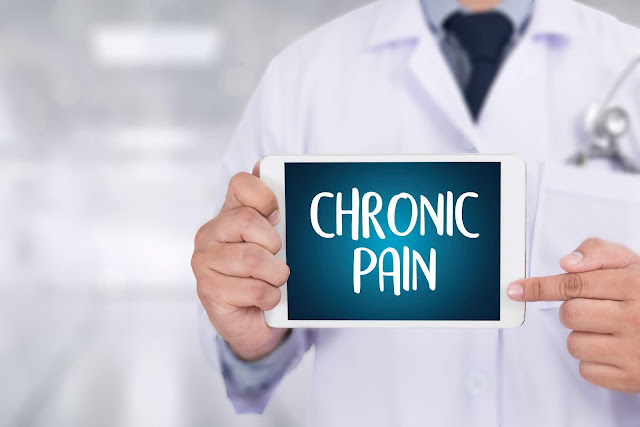How is the Right Opioid Pain Medication Effective?
Opioid pain medications are compellingly effective for pain relief, but it is essential that patients use these medications under the careful supervision of a qualified practitioner. Opioid pain medication can provide you with the best outcome when used properly, per the prescription and guidance of your doctor.
- Your doctor provides proper guidance for the safe use of opioid pain medications: He/she will prescribe the right method to take opioid pain management medications.
- Prescribed opioid pain medications for chronic pain is divine intervention: Typically, these medications are safe and effective for chronic pain unrelated to cancer or cancer treatments. Your doctor should consider other therapies including non opioid medications and non pharmacological treatment before considering opioid pain medications.
- When treating acute pain, your doctor prescribes the lowest effective dose for the shortest period required: mostly in cases of acute pain such as post-surgery pain or a fractured bone, the pain is not severe enough to need opioids for more than three days.
- Work with the patient to establish realistic treatment goals: there is no cure for chronic pain, but it can be managed with medications as powerful as opioids. The risks associated with it are minimal as with all pain medications. Your doctor and you can work together to minimize medication-related health issues and maximize your health for a problem free life.
- Schedule regular medical check-ups while you are taking opioid pain management treatments: your doctor will ask you for a follow-up appointment 2-4 weeks after you start opioid pain medications. Regular follow up appointments help your doctor evaluate the risks and benefits of these medications. Regular appointments help to reduce withdrawal symptoms as safely as possible.
- Your doctor will ask you to sign an opioid treatment agreement before you start a long-term opioid medication course: Typically, the agreement clearly states your responsibility during the opioid medication therapy. You should acknowledge that you will not receive any additional medication until your current prescription runs out even if you lost your medication. You should be agreeing to maintain all aspects of your opioid treatment plan such as behavioral medicine or physical therapy.
You yourself play a critical role in ensuring your safety when taking opioid pain medication. So, make sure you:
- Inform your healthcare provider about all the medications you have taken or taking
- Order all your medications from the same pharmacy or physician.
- Carefully read all warnings and instructions on the drug safety information sheet.
- Report the side effects to your doctor as soon as possible.
- Check the expiration date on your pill bottle.
CONCLUSION:
With so many controversies about the use of opioids for chronic pain, many people wonder why doctors still prescribe opioids. The only reason is, opioids are very effective at reducing severe pain and can guarantee a better quality of life. Patients who do not get relief from other treatments, find relief only with opioid pain medication. For these patients, opioid benefits outweigh the risks of potential dependency and negative side effects do not occur in every case. Opioid pain medications can be safe and effective when taken under close medical supervision.


I discovered your blog and went through this informative post. Also, I would like to suggest hearfind.com where informative eBooks are there for everyone.
ReplyDelete